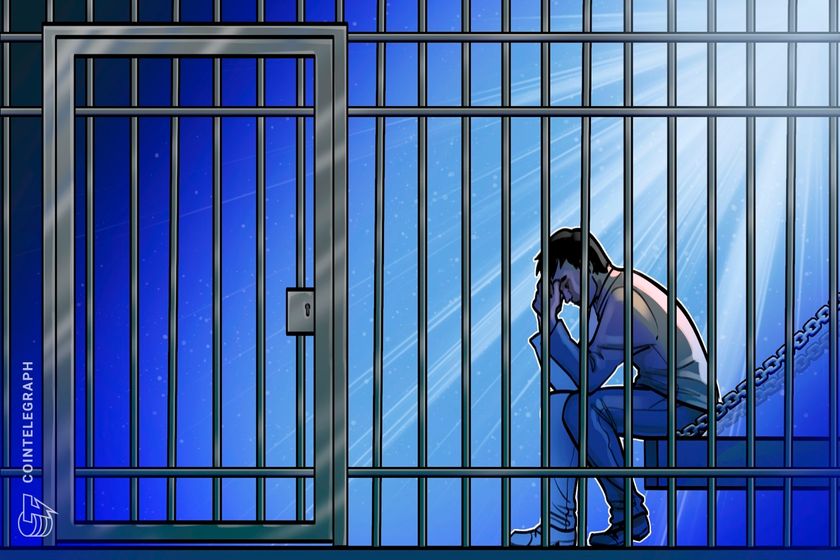Steven Eisman, best known for betting on the collapse of the US housing market, has been put on indefinite leave of absence by his employer Neuberger Berman after saying he was “celebrating” the destruction of Gaza.
A managing director at New York-based Neuberger Berman since 2014, Eisman featured in the Michael Lewis book The Big Short. His character was played by actor Steve Carell in the 2016 film version. In the adaptation, Carell’s character was given the name of Mark Baum.
His comments on his X account, which included the Neuberger Berman logo, responded to a graphic post showing burning buildings, with people shouting in agony, apparently as a result of an Israeli attack.
The video was posted with comments about the lack of international concern over such incidents and said: “The world is silent.”
Eisman replied to the post on Thursday: “We are not silent. We are celebrating.”
He later apologised for his remark, writing that he had intended to refer to Israel’s attacks on Hizbollah in Lebanon. He has since deleted the account involved altogether.

Eisman became famous for shorting collateralised debt obligations backed by US housing mortgages before their collapse in 2007 and 2008.
Eisman’s future at the firm remains uncertain, according to a person familiar with the matter.
The company, which on Friday evening said Eisman had been put on indefinite leave of absence, had said earlier that his “personal comments on social media are his alone and he does not speak for Neuberger Berman. Even though Mr Eisman has acknowledged that he mistook the content of the post he responded to, his actions on social media were irresponsible and objectionable”.
Eisman has taken a strong pro-Israel stance on X and issued posts on the subject regularly against those who have criticised the country.
His strident commentary has extended to politics as well. Earlier this week he stated that if Kamala Harris won the US presidential election and the Democrats took control of both houses of Congress he expected the US market to go “straight down”. He has predicted that Donald Trump will win the election.
A Harvard lawyer by training, Eisman gave up the profession to become a financial analyst at Wall Street investment bank Oppenheimer. He later moved to the Connecticut-based hedge fund FrontPoint Partners, eventually focusing on the mispricing of subprime residential mortgages. He left FrontPoint in 2011 and set up his own fund, Emrys Partners, the following year. He joined Neuberger after Emrys closed.
Neuberger Berman, once owned by the collapsed Wall Street investment bank Lehman Brothers, spun off as an employee-run investment firm in 2009. Since then the company has prospered. The investment company at present has $481bn of assets under management with 739 employees, according to its website.



























































































































You must be logged in to post a comment Login